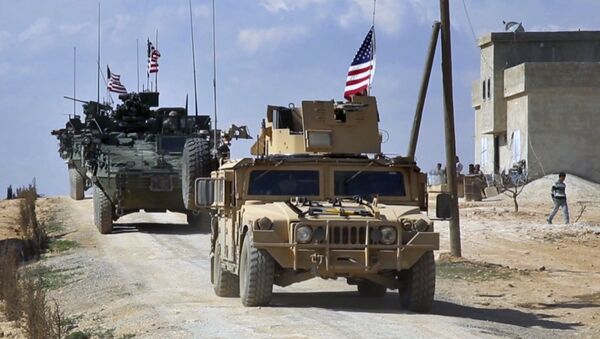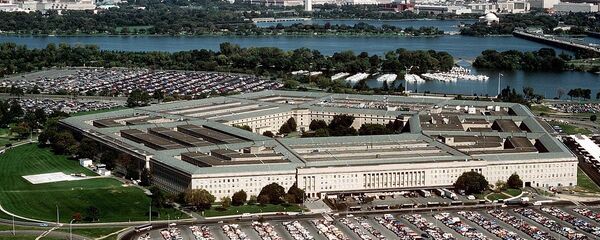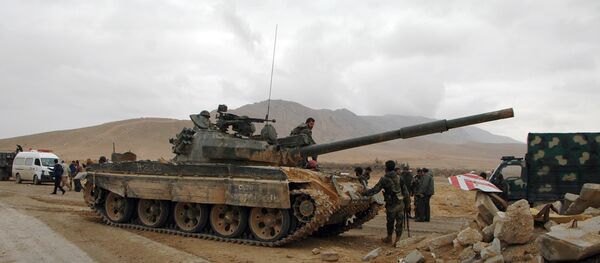Last week, the US media reported that the Trump administration has stopped disclosing detailed information about how many US troops are fighting in Iraqi and Syria.
In contrast to the Obama administration, which had a policy of announcing troop deployments to the region, the Trump administration has decided not to disclose troop deployments until after they have been made.
For example, in early March US troops were photographed on patrol near the northern Syrian town of Manbij. Following media reports the Pentagon confirmed the soldiers were part of an additional 400 troops being sent to Syria, including a team of Army Rangers and a Marine artillery unit.
Obama-era officials including former National Security Council spokesman Ned Price criticized the policy change, but the Pentagon said it is intended to "maintain tactical surprise," a spokesman told the L.A. Times.
Efraim Inbar, director of the Begin-Sadat Center for Strategic Studies at Israel's Bar-Ilan University, told Sputnik that while small, the US deployments represent a shift in policy and "shows that Trump has greater respect and gives the Pentagon greater leeway."
"I do not have the view that every military move has to have transparency, after all, there are also military secrets and I don't think any international actor has to announce in advance where its troops are and where they are going," Inbar said.
"If it will be more of the same, I doubt it will have any impact. I'm not sure that the Americans have a clear strategy about what they want in the Middle East, in Iraq or Syria."
"Some of their activities, of course, are directed towards Yemen, where they are helping the Saudis fight the Houthi insurgency. Some of the activities are directed towards Somalia, where there are a lot of Islamic terrorists. A few hundred people don't really make a change," Inbar said.
Have you heard the news? Sign up to our Telegram channel and we'll keep you up to speed!





